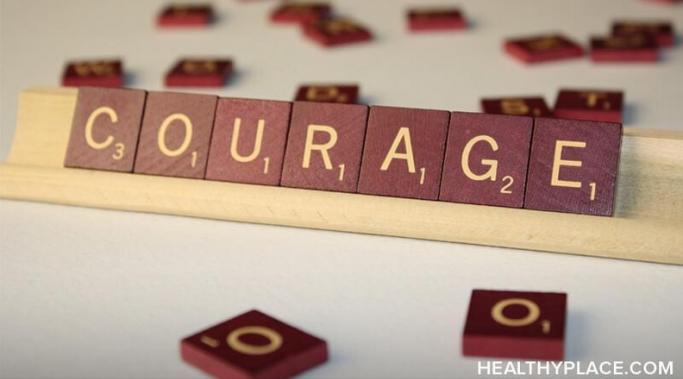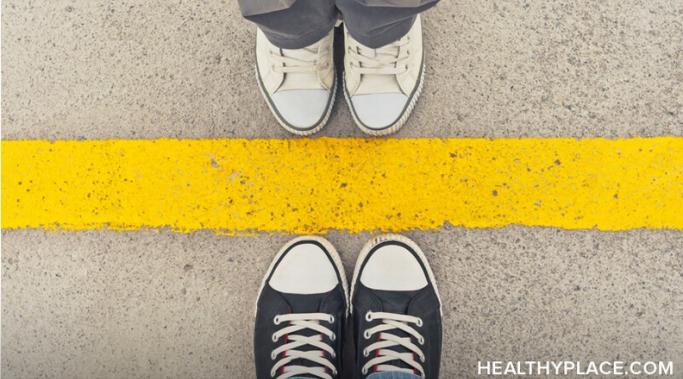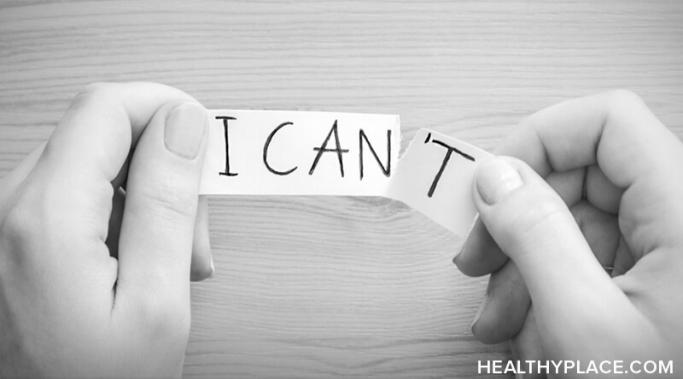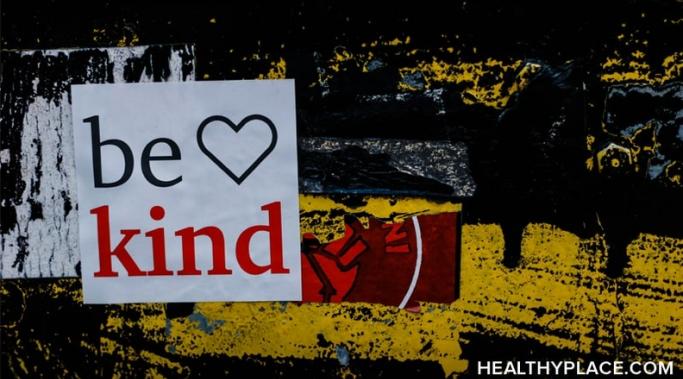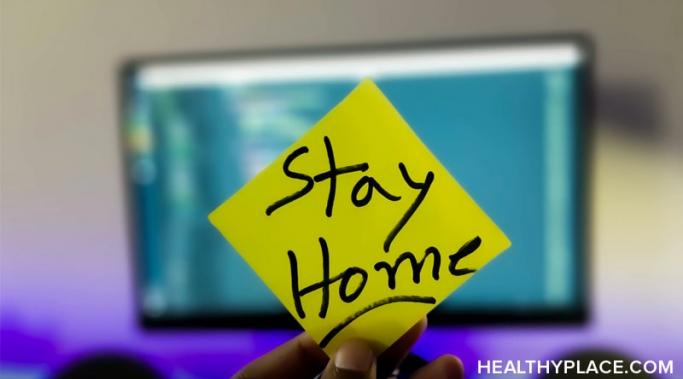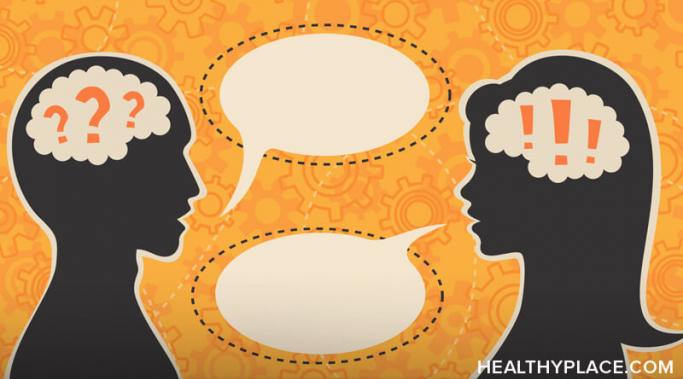Building healthier self-esteem takes courage. Your courage will help you make the changes you choose to make to your actions and attitudes that will allow you to feel more confident and self-reliant. But where do you find the courage to become the person you wish to be? How do you begin to practice courage to build strong self-esteem?
Insecurity
When you practice setting boundaries that protect your self-esteem, you are supporting yourself in many ways. It shows you love and respect yourself, and it keeps you from grief when others attempt to abuse you, intentionally or inadvertently. Whether it's between you and people you love and choose to have in your life or people you must interact with for your job or another requirement, creating a boundary that reflects your needs will strengthen your self-esteem.
Mindfulness can help you build strong self-esteem in part because mindfulness is the practice of focusing on one thing at a time. When your mind jumps around from one thing to another, it's difficult to make progress on any one task. This can lead you to feel inadequate and incompetent. Learn to practice mindfulness and you will find yourself completing more tasks with fewer errors, and your self-esteem will blossom.
A self-esteem affirmation is a positive statement about yourself that, when practiced regularly, can improve your image of yourself. We believe what we hear repeatedly, and when we replace negative self-talk with positive affirmations we can change our belief that we are less worthy of love and happiness than others.
The forced isolation of the pandemic offers us a unique opportunity to focus on how to build self-esteem. Many of us are spending this time alone without the support that we have learned to rely on. This can be very intimidating as we are forced to do things for ourselves that we are not used to doing, but it can also be very freeing by allowing us to experiment and practice new skills without the world watching. It can be a perfect time for building self-esteem.
We can build and maintain healthy self-esteem by helping others and earning their gratitude and appreciation. Strong self-esteem comes from believing in our value as a person. One way to feel that we are worthy of self-respect is to be there for others in need.
My usual routines for self-care are failing while I'm in quarantine, and my self-esteem is suffering because I feel unproductive. Healthy self-esteem allows us to take care of ourselves and love ourselves because we believe we are worth the effort. The last few weeks have been difficult as I struggle to adapt to the restrictions placed on us by the COVID-19 pandemic. After I spent one week doing nothing to take care of myself, I created a quarantine routine to help rebuild my self-esteem and get back to feeling productive.
COVID-19 affects my bipolar type 2 disorder. Most of the news is about people with underlying physical health issues and how the virus is extra dangerous to them. Have no doubt, those of us with mental health diagnoses are also at extra risk, and we don't even have to be exposed to experience the fallout. Here's how COVID-19 is affecting me and my ability to manage my bipolar type 2.
Does seeing a therapist increase self-esteem and the self-esteem building process? While our society is working hard to de-stigmatize the belief that therapy exists only for people in crisis or with chronic mental illness, we still tend to think of therapy as something to help us move from bad to neutral, instead of from neutral to good. Yet therapists are trained to understand how the mind can build confidence and create sustainable change. As you consider adding therapy to your self-esteem journey, read on to learn three ways that therapy can help increase self-esteem.
Vulnerability is not something we normally link with self-esteem. We are much more inclined to picture an impenetrable sort of confidence, a version of ourselves where nothing can breach our walls of strength and self-adoration. Yet vulnerability is not only an incredibly powerful tool for those already on the road towards building self-esteem–it is also a very good place to start.
